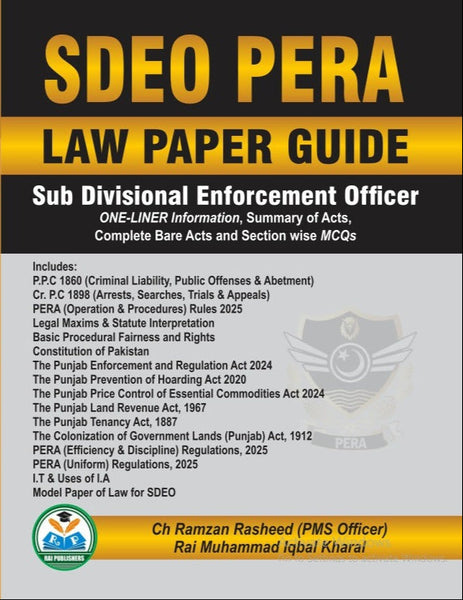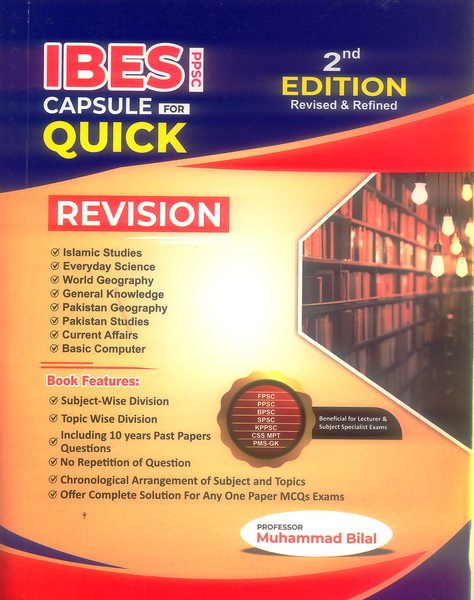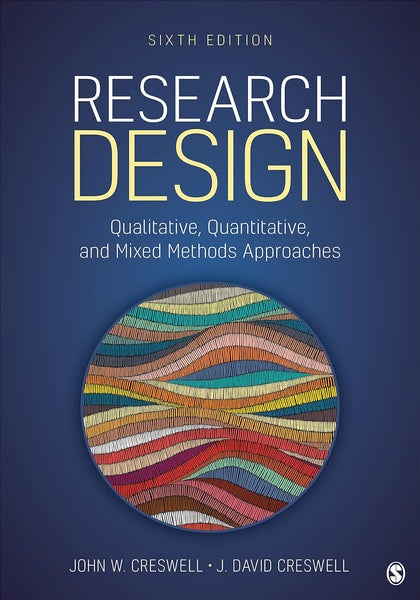"Philosophy Of Education: An Introduction" by Robin Barrow and Ronald Woods provides a comprehensive exploration of the fundamental philosophical questions and theories underpinning educational practices. This fourth edition delves into the purpose of education, the nature of knowledge, and the ethical implications of educational policies. It serves as a critical resource for educators, students, and philosophers seeking to understand the conceptual foundations of education and its impact on society.
Key Points
1. Purpose of Education The book examines various philosophical perspectives on the primary goals of education, such as developing critical thinking, fostering moral values, and preparing individuals for civic participation.
2. Nature of Knowledge Barrow and Woods explore the different theories of knowledge that influence educational curricula, including empiricism, rationalism, and constructivism, and their implications for teaching methods.
3. Ethical Dimensions The authors discuss the ethical responsibilities of educators, the moral development of students, and the role of education in promoting social justice and equity.
4. Curriculum Development This key point covers the philosophical debates surrounding curriculum design, including what subjects should be taught and how they should be integrated to provide a holistic education.
5. Pedagogical Approaches The text evaluates various teaching methods, from traditional lecture-based instruction to progressive, student-centered learning, and their philosophical underpinnings.
6. Role of the Teacher Barrow and Woods analyze the philosophical perspectives on the teacher's role, considering whether teachers should be facilitators of learning, authority figures, or co-learners with students.
7. Education and Society This section addresses the relationship between education and societal structures, including how education can both reflect and challenge social norms and inequalities.
8. The Individual and the Community The authors explore the tension between individual educational needs and the demands of the community, and how education can balance personal growth with social responsibility.
9. Critical Thinking A significant focus is placed on the development of critical thinking skills, their importance in education, and how they can be effectively taught and assessed.
10. Future Directions in Education The book concludes with a discussion on the future of education, considering emerging trends, technological advancements, and the ongoing philosophical debates that will shape the evolution of educational practices.
In summary, "Philosophy Of Education: An Introduction" by Robin Barrow and Ronald Woods is a vital text that provides in-depth philosophical insights into the educational process. It encourages readers to critically engage with the foundational ideas that shape educational theory and practice, aiming to inspire a more thoughtful and reflective approach to education.
























